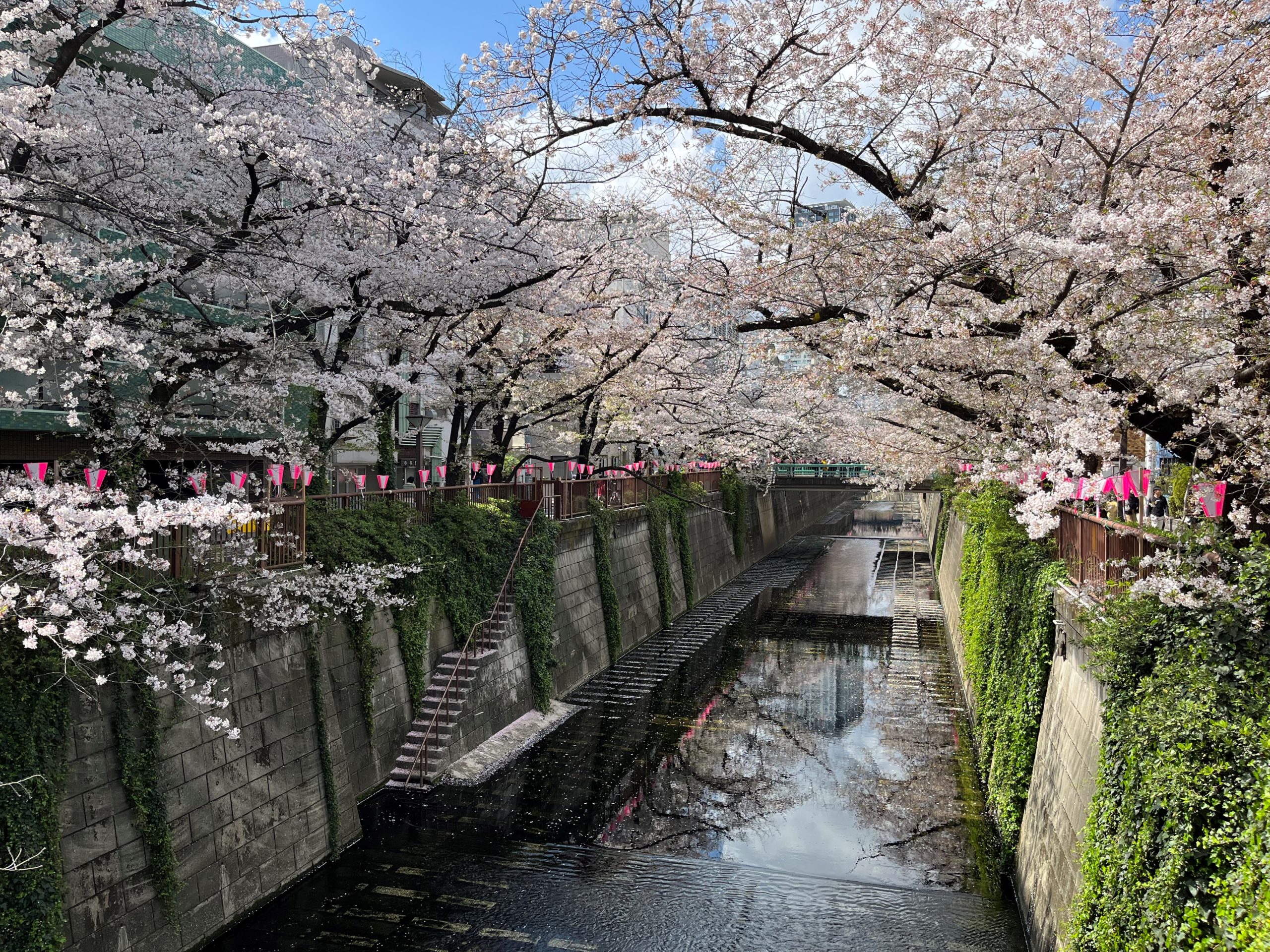In Japan, there is a collection of poems called “Hyakunin Isshu,” which is a collection of “waka” poems written by 100 people.
“Waka” is a Japanese rhyming poem in the form of 5, 7, 5, 7, 7. Rooted in Japan’s unique four seasons and the sentiments peculiar to the Japanese, the short phrases can capture the reader’s imagination and convey the author’s feelings to the people.
In the spring, cherry blossoms, synonymous with Japan, are in full bloom, and many poems with cherry blossom motifs are included in the Hyakunin Isshu poetry anthology. “Onono Komachi”, a famous Japanese poet, also wrote poems about cherry blossoms, and her poems are also included in the Hyakunin Isshu.
She is said to have lived in the 800s, and she also expressed her feelings in her poems by comparing the speed of time with her own aging when she saw cherry blossoms. The speed of time has not changed in the past. What people who lived in the past thought when they saw cherry blossoms is not so different from what we think today.
In this issue, I would like to introduce a revision to the conditions under which relatives living outside Japan will be eligible for the dependent exemption after 2023.
Non-residents between the ages of 30 and 70 who do not fall into any of the following categories will be excluded from the dependent exemption.
1 Those who no longer have a domicile or residence in Japan because they are studying abroad.
2 Persons with disabilities
3 Those who receive more than ¥380,000 in payments for living expenses or educational expenses.
Tax laws change from year to year, so it is always necessary to be proactive in obtaining new information.
〔The photo shows Meguro in Tokyo〕

